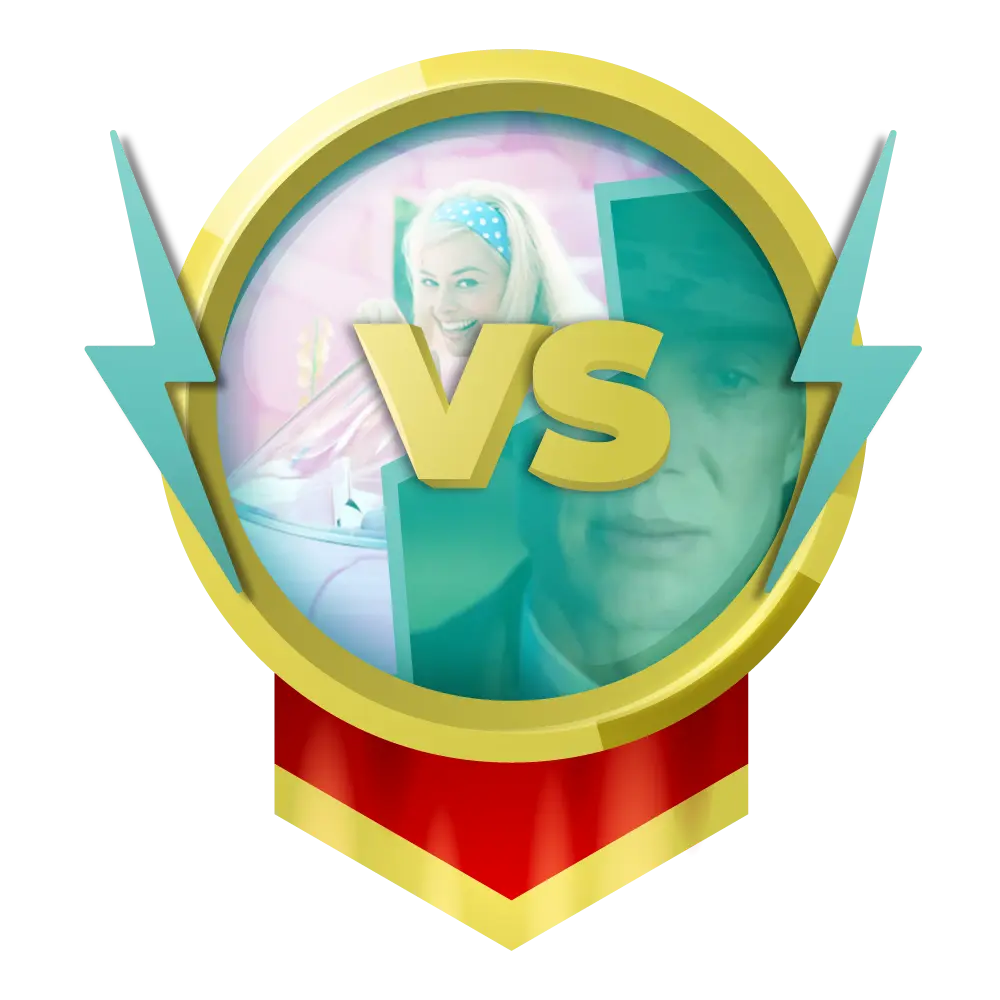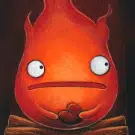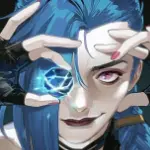
In the movie, Kingsman was originally a high-end tailor shop. After World War I, many bigwigs who had lost their heirs pooled their resources to create this independent, neutral organization outside of government control, with the primary purpose of maintaining world peace. Their agents are collectively known as "Kingsmen," each adopting a codename inspired by the Knights of the Round Table. The agent pictured above goes by the codename "Galahad".
Although James Bond is a well-known name, I was never much a fan of him, or perhaps I didn't quite understand his charm. He's undeniably cool, but he exists in a world far removed from my own. Growing up in a working-class neighborhood, things like private jets, bespoke suits, and customized luxury cars were something only seen on the small screen of a television. As soon as the TV was switched off, they vanished from my life—not to mention the very few opportunities for me to watch TV anyway. I could never quite grasp why someone as capable as James Bond would work for others. He could easily thrive on his own. If I had his abilities, I'd have long since vanished into the horizon.
Indeed, James Bond made sure everyone knew his name, but he never once shared the secret of how to become James Bond.
If poverty has taught me anything profound, it's that I can't afford to live in a fantasy world. It might offer fleeting moments of happiness, but I must remain acutely aware that it's nothing more than that. I can't transform into James Bond by mimicking his signature moves, nor am I the blonde beauty always waiting for James Bond to come to the rescue.
It's true that every child born into poverty has the potential and opportunity to become a hero, but not every such child receives the education necessary to realize that heroic potential.

Among the conversations between Galahad and Eggsy, my favorite quote from Galahad is:
"There is nothing noble in being superior to your fellow man; true nobility is being superior to your former self."
Eggsy questions Galahad the first time they meet each other, believing that Galahad's abilities stem merely from his status and resources. Eggsy asserts that if he possessed what Galahad has, he would perform even better.
This is a very genuine misunderstanding, a terrifyingly inescapable trap due to its apparent reasonableness.
Eggsy grew up always struggling to make a living without the necessary spiritual support of a father figure. Constantly caught up in a state of either "fight or flight," he was forced to focus his attention on others rather than himself. This made him observant, but the poor educational environment would ultimately waste his talents. Even if he knew how to change his circumstances, he often felt powerless to do so. Without external intervention, he naturally assumed that his environment was the sole cause of his predicament.
Eggsy's assumption is reasonable, but the issue lies in this: if we were to suddenly switch Eggsy and Galahad's positions, Eggsy's first test would not be his actions, but his choices. Galahad's status and resources would provide Eggsy with support for his actions, but they couldn't guarantee that Eggsy would make better choices. And poor choices would ultimately lead Eggsy to lose, step by step, everything he had unexpectedly gained.

I first watched this film in 2014, a decade ago now. At that time, my fondness for it stemmed primarily from a visceral admiration for Kingsman's coolness, an irresistible urge to emulate them that has lingered in my heart ever since, though I never paused to ponder why.
In these ten years, I have experienced life's share of ups and downs, as have the lives of many around me. During our student days, much of our glory came from imitating nobility, but upon entering society, we discovered that the resistance of degradation was itself a form of nobility. Laws can make people fear falling, but they cannot prevent the corruption of the spirit. Morality can make people aspire to loftiness, but those who rely solely on morality to reach such heights inevitably end up despising humanity.
Tales of heroes slaying dragons abound, yet rarely do we hear stories of heroes becoming new dragons amidst the adulation of the masses.
Galahad's words to Eggsy were transformative in a sense that they redirected Eggsy's attention from changing his circumstances to changing himself, convincing him that self-improvement was the true mark of honor. Eggsy trusted him, and Galahad, in turn, transferred this trust back to Eggsy..
Reflecting on it now, I realize this is likely the true reason I love this film. Galahad showed me what a true gentleman is: one who illuminates others, rather than using others to illuminate himself.

























































Share your thoughts!
Be the first to start the conversation.